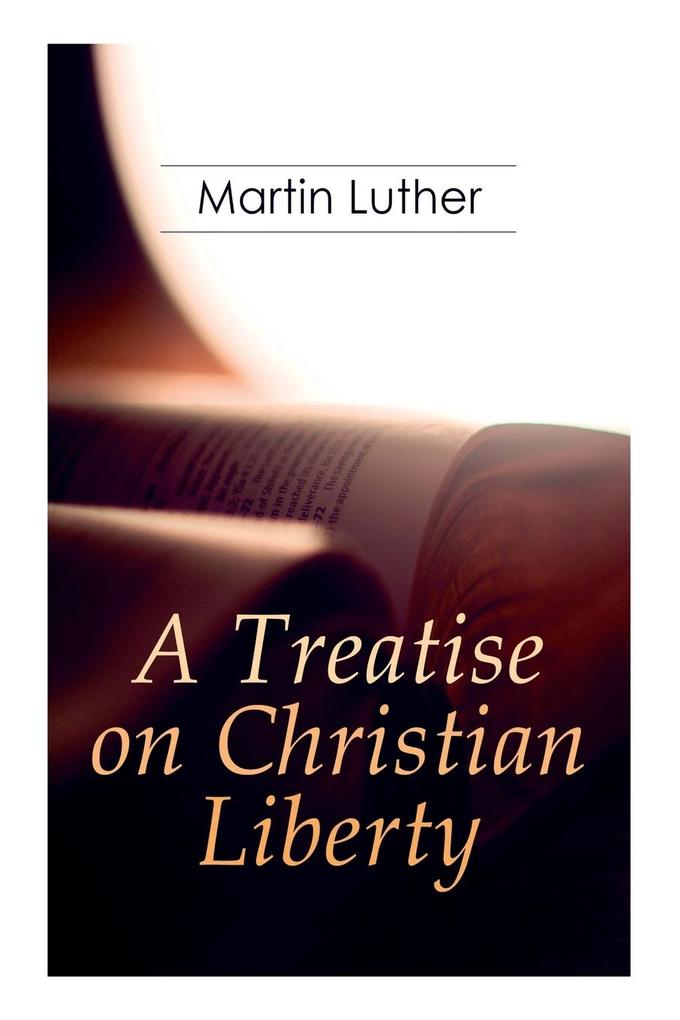
Zustellung: Sa, 05.07. - Do, 10.07.
Versand in 2 Wochen
VersandkostenfreiIn "A Treatise on Christian Liberty," Martin Luther articulates the profound implications of faith on individual freedom and moral conduct within the framework of Christian doctrine. Written during the tumultuous period of the Reformation, Luther's text juxtaposes the notions of faith and works, asserting that true freedom stems from spiritual liberation rather than adherence to rigid ecclesiastical laws. With its succinct prose and passionate rhetoric, the treatise serves as both a theological argument and a call to personal authenticity, challenging readers to embrace the transformative power of divine grace in their lives. Martin Luther, a German theologian and key figure of the Protestant Reformation, penned this influential work while grappling with the institutional corruption of the Church and the struggles of personal faith. His experiences as a monk and subsequent crises of conscience led him to emphasize the importance of scripture and salvation by faith alone. Luther's theological insights were revolutionary, prompting a re-evaluation of the Church's role and encouraging believers to seek a direct relationship with God. This book is a seminal piece for anyone interested in the intersections of theology, individualism, and historical change. Luther's eloquent exploration of the concept of liberty invites readers to reflect on their own beliefs and encourages a deeper understanding of Christian freedom.
Produktdetails
Erscheinungsdatum
15. April 2019
Sprache
englisch
Seitenanzahl
44
Autor/Autorin
Martin Luther
Übersetzung
R S Grignon
Verlag/Hersteller
Produktart
kartoniert
Gewicht
73 g
Größe (L/B/H)
229/152/2 mm
ISBN
9788027331116
Bewertungen
0 Bewertungen
Es wurden noch keine Bewertungen abgegeben. Schreiben Sie die erste Bewertung zu "A Treatise on Christian Liberty" und helfen Sie damit anderen bei der Kaufentscheidung.








